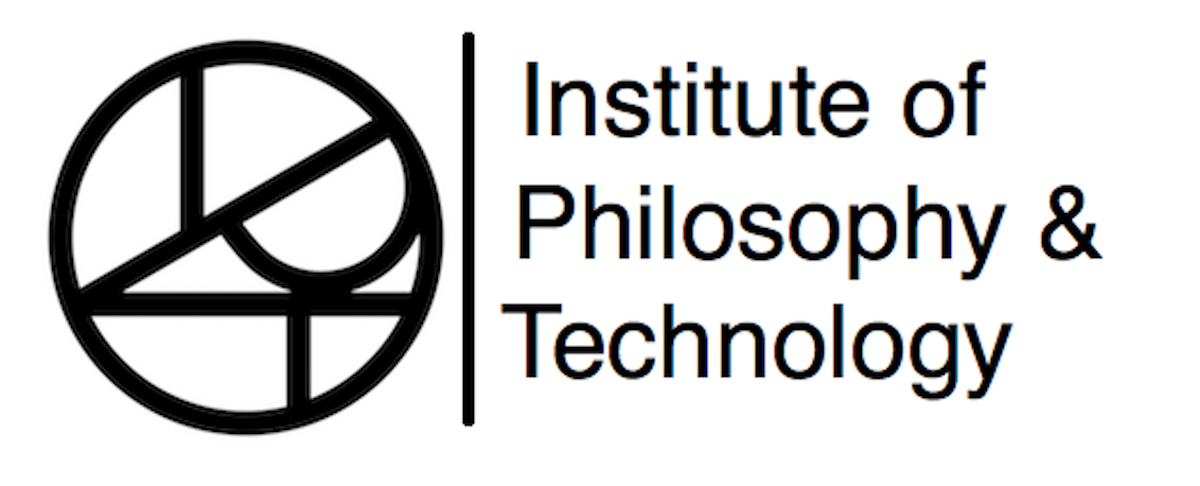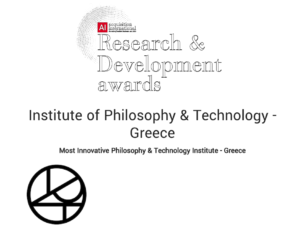IPT Talk Series 2021-22
Wednesday, 13 October 2021, 20.00-21.00 (Athens time) (Online)
Genevieve Liveley
3,000 Years a Slave: Robots as Artificial Slaves in Antiquity
In Homeric epic we find a number of stories featuring devices which exhibit varying degrees of artificial intelligence – from the automatic widget to the humanoid AI. And these intelligent machines are typically represented (also to varying degrees) as artificial ‘slaves’. Thus, more than two and half thousand years before Čapek introduced the word ‘robot’ (the original Czech word robota famously referring to ‘forced workers’ or ‘slaves’) to the world lexicon in R.U.R (Rossum’s Universal Robots), we find Homer representing his own autonomous artefacts and artificial humans as slaves. Indeed, Plato and Aristotle draw suggestive correlations between Homer’s intelligent machines and human slaves. In the Meno (97d–98a), Plato’s Socrates explicitly likens the automata created by Hephaestus and Daedalus in ancient myth to slaves: both, he claims, will run away unless they are chained up. What is more, he introduces this analogy to explain a crucial distinction between two kinds or modes of intelligence: episteme (understanding/knowledge) and doxa (opinion/belief). The slave, for Plato’s Socrates, is aligned with the automaton and both are aligned with the lower-order mode of knowledge that Socrates assigns to doxa. Aristotle also appears to have a specifically Homeric example of AI in mind when he draws an explicit correlation between Homer’s fictional automata and real-world slaves in the Politics (1253b). This paper investigates the philosophical dimension to this Homeric legacy and investigates the representation of AI in antiquity as artificial slaves and ‘robots’ avant la lettre.
Genevieve Liveley is Professor of Classics, RISCS Fellow, and Turing Fellow at the University of Bristol. She is a narratologist whose research interests focus upon narratives and narrative theories (both ancient and modern) and their impact on futures thinking. She has particular research interests in the stories that programme cultural and sociotechnical narratives about human interactions with new technology.
Please register here

